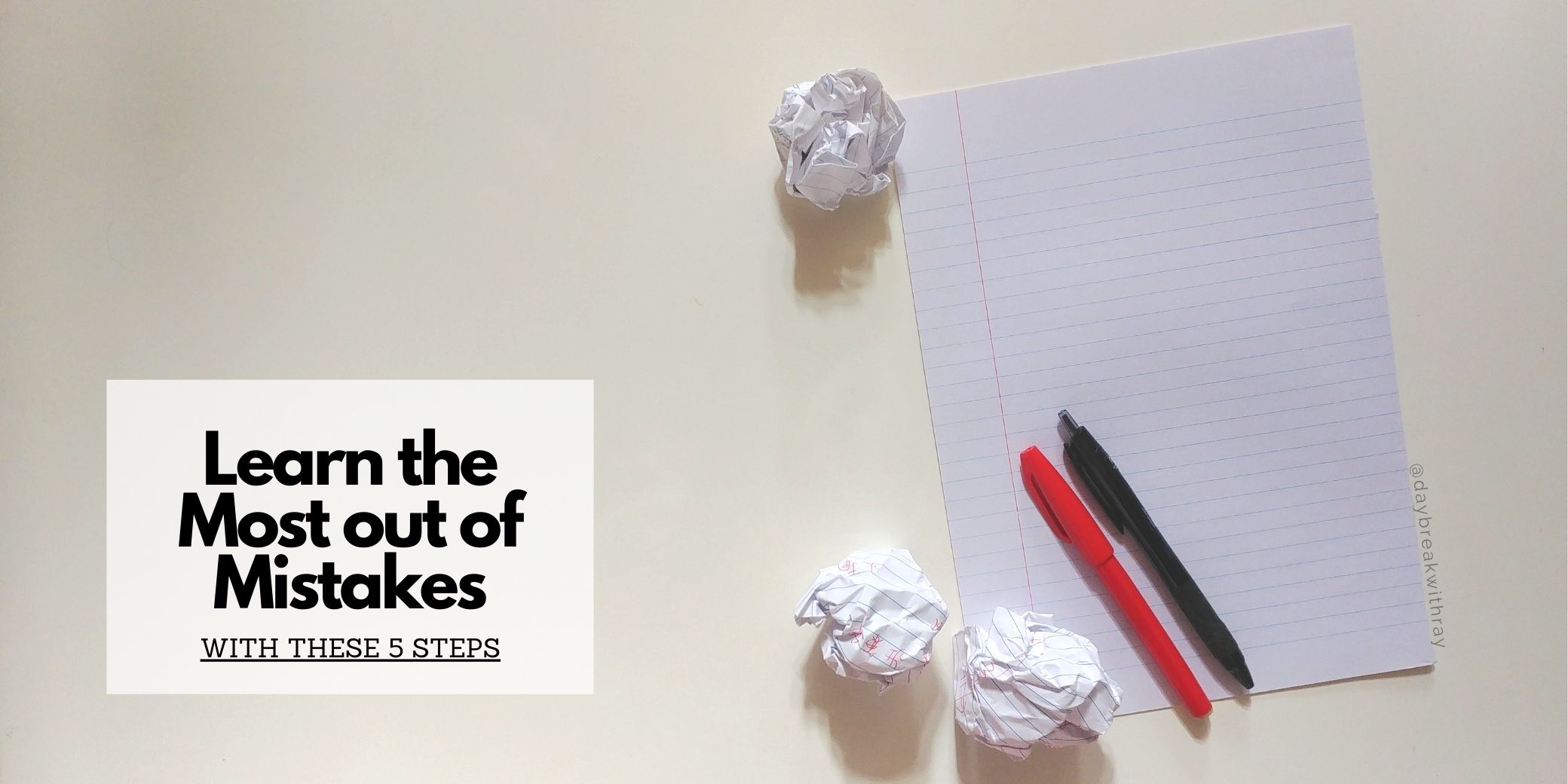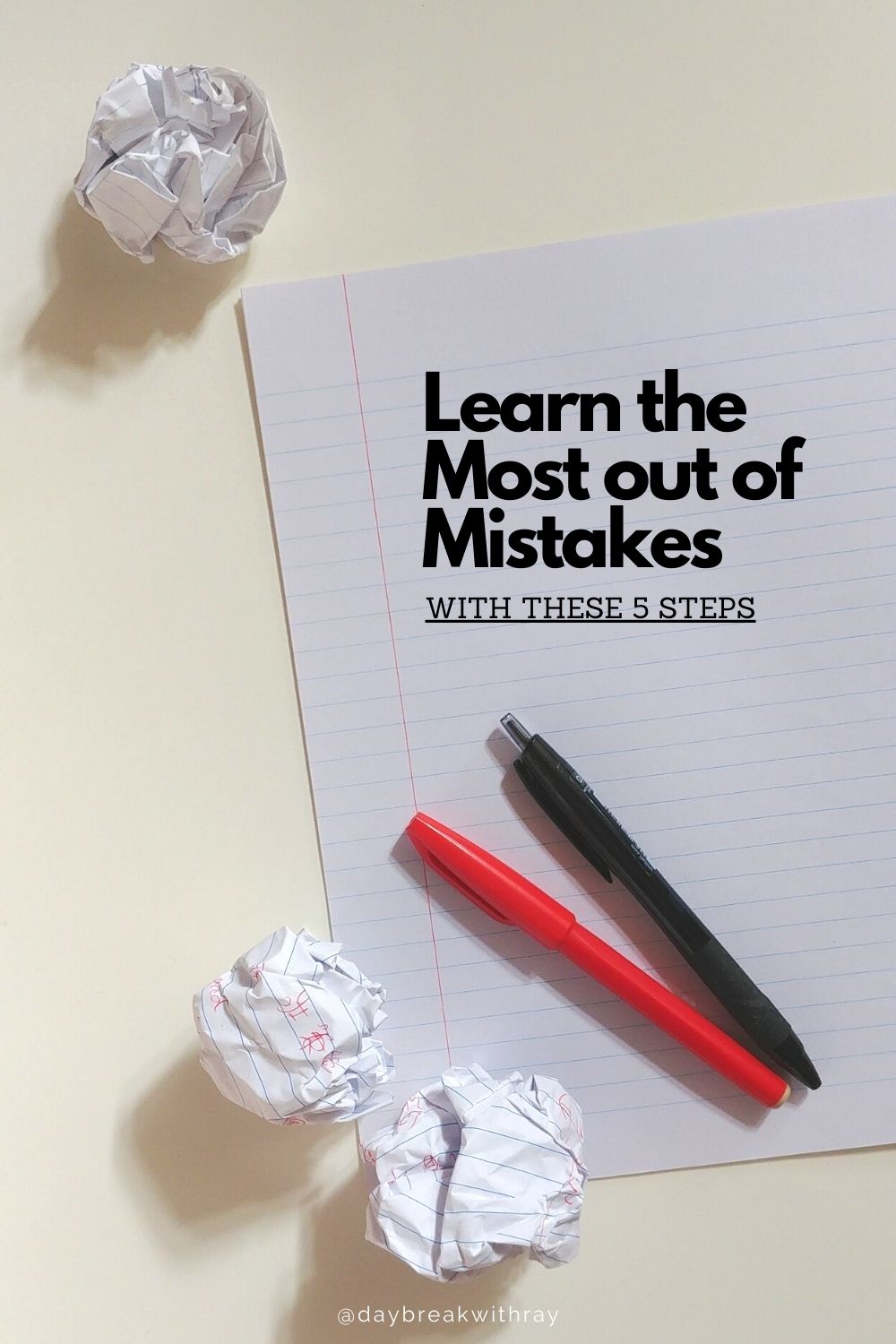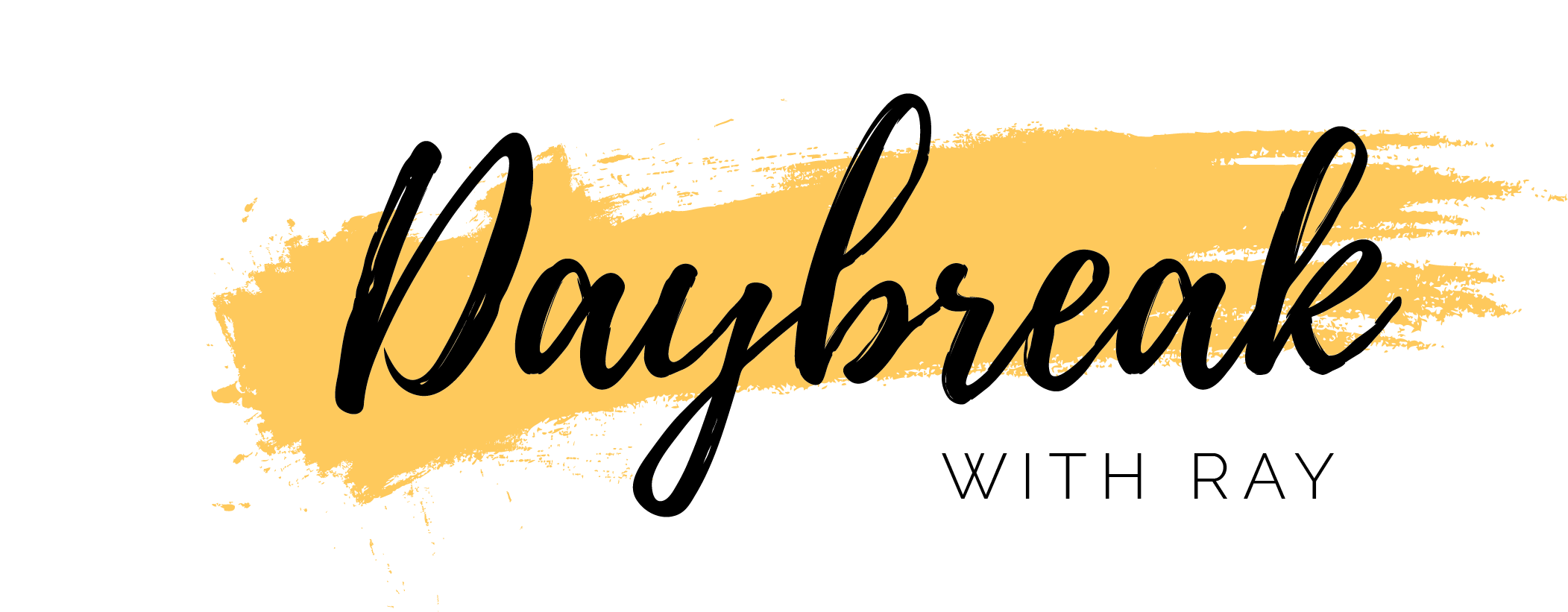5 Fundamental Steps to Learn The Most Out Of Mistakes

Mistakes are never easy to forget or forgive. But it’s important to remember what’s happened has happened. Rather than dwelling on the past mistakes, we can learn from them and ensure that it won’t happen again.
Here are 5 fundamental steps to learn the most out of mistakes.
1. Don't beat yourself up.
Blaming yourself won’t help. And blaming others most certainly wouldn’t do you any better either. Accept the fact that the mistake occurred and move on to learn from it. Stay open-minded and use multi-perspective thinking to identify the problem. It will surely benefit you in the long-run.
2. Understand the problem
Don’t make any assumptions! If you start assuming things that may or may not be the truth, you will find yourself losing sight of what the real problem is.
To understand the problem, you can first seek more information related to it. Ask around if it involves more than one party and be open to different information. It can help lower the risk of wrongly interpreting a problem.
3. Learn what caused it
Once you’ve identified the problem, you can proceed to learn what caused the mistake to occur. There might always be more than one reason that led to the problem. Multiple parties might even be involved. When you learn what caused the problem, you can come up with solutions to rectify it.
Sometimes you might tell yourself that you’ve tried everything, and none of it worked. That may be true, but the biggest reason why it didn’t work could be that you were trying to solve the wrong problem. That’s why understanding the problem and learning what caused it is so important.
For interested readers, you can also check out the book Pig Wrestling by Pete Lindsay
4. Reflect on what you could've done differently
Mistakes can’t always be corrected, but one thing you can do is learn from them. What’s happened has happened. You can’t change the past, but you can change the future and make sure history won’t repeat itself. And the most effective way is to reflect.
Reflect on what you could’ve done differently if the situation happened again. Ask yourself how you can avoid making the same mistake in the future.
5. Visualize what you would do if it happened again
Besides reflecting, you can also try visualizing the situation how you would respond to it. Things are easier said than done.
By visualizing yourself in that situation, you can better apply what you’ve reflected and learned to practical use. It can also help you make more timely and well-informed decisions if it ever happens again.
To Conclude
Accept that the mistake occurred and move on to ensure that it won’t happen again. Through identifying and understanding, you can learn what the real problem is and figure out what you can do differently. With the help of reflection and visualization, you can avoid making the same mistake again in the future.

Looking to improve your life for FREE? Reconnect with nature today! Here are just a few of the count
Are you struggling to achieve quality sleep despite your best efforts? Our 21-Day Sleep Challenge is
Spring cleaning is an annual tradition that involves thoroughly cleaning and organizing your living



